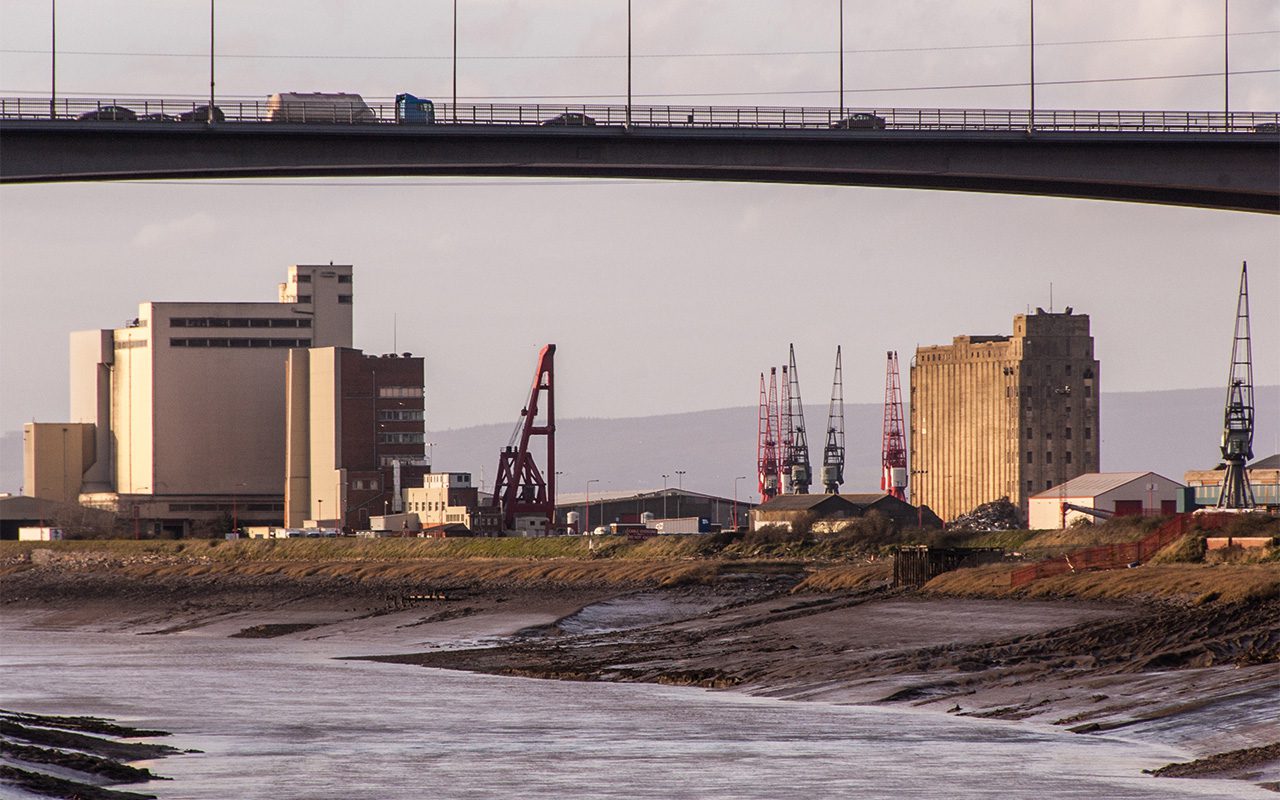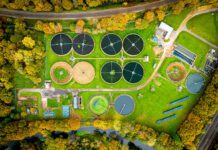An explosion at a treatment site in Avonmouth, Bristol in early December has shocked the wastewater sector, and provided a stark reminder of the health and safety risks that have to be managed

The incident occurred on 3 December 2020, at about 11:20am, and appears to have involved the explosion of a silo containing biosolids at a sewage treatment and food waste site operated by GENeco, a subsidiary of Wessex Water.
There were four fatalities, all male, including a 16-year old apprentice. Another person was injured. At the time Avon and Somerset Police declared a major incident, and a doctor and specialist paramedic in critical care from the nearby Great Western Air Ambulance headquarters attended the scene by both rapid response car and emergency helicopter.
GENeco’s products include biomethane produced by anaerobic digestion, which is supplied to bus operators, among them Bristol Community Transport who operate one of the MetroBus routes.
As the BBC reported in early December, fire crews had described a “very challenging” scene as well as the fact that search and rescue dogs had been used in the hunt for casualties following the blast.
In comments made to the BBC, Colin Skellett, chief executive of Wessex Water, said the company was working with the HSE “to understand what happened and why”.
Commenting on the incident, the Anaerobic Digestion & Bioresources Association (ADBA) said it provided “a stark reminder to the whole waste management industry of the dangers faced by operations staff at its facilities and therefore the paramount importance of implementing rigorous health and safety measures at all plants.”
In the immediate aftermath, ADBA said The Department for the Environment and Rural Affairs (Defra) had informed them that the AD plant co-located at the site, managed by GENeco, “was not impacted.”
The statement reviewed the fact that the two principal processes for treating sludge at these kinds of plants are AD, with which around 85% of all wastewater produced in the UK is treated, and dewatering and lime stabilisation – a process separate from AD which also produces biosolids for use as an agricultural fertiliser.
ADBA commented: “Until the investigation is completed, we will not speculate on what has happened in Avonmouth. But the Defra statement we have received would indicate that the incident took place in the course of this alternative recycling process.
The statement said: “ADBA was set up 11 years ago as a result of the first death in the AD industry to establish best practices and standards to ensure we avoided another one. It was for this reason that, in consultation with industry, regulators, and a wide range of stakeholders, we developed the AD Certification Scheme (ADCS). It is the only certification scheme in the UK that assesses the all-around safety, environmental and operational performance of AD plants.
By accrediting to the scheme, you demonstrate:
• Your understanding of the risk management required on AD plants that handle gas and physical processes that have potential human and environmental implications.
• That as an operator, you are implementing high standards of health and safety to protect your site workers, contractors, and the public.
• Credibility to your investors and insurers.
• Most importantly, to your employees that they are protected and will go home safe and well.
As part of the process, you will receive recommendations on how you can move towards certification in a structured report, with all opportunities to improve plant operations and procedures identified .
ADBA is offering all its members who apply to accredit to the ADCS before 31 January 2021 a 30% discount on the applicable accreditation fee.







